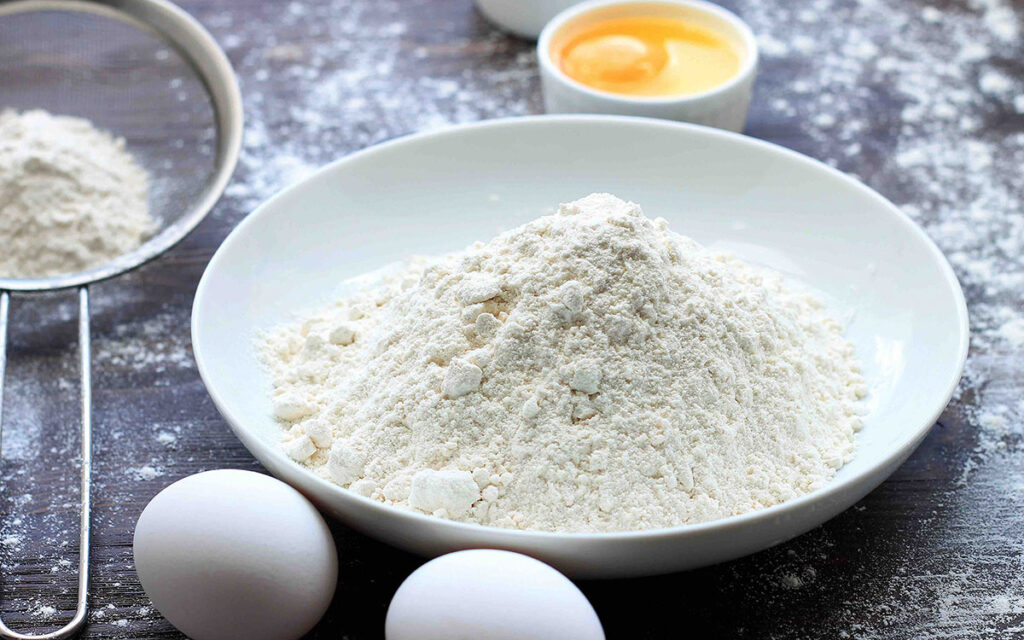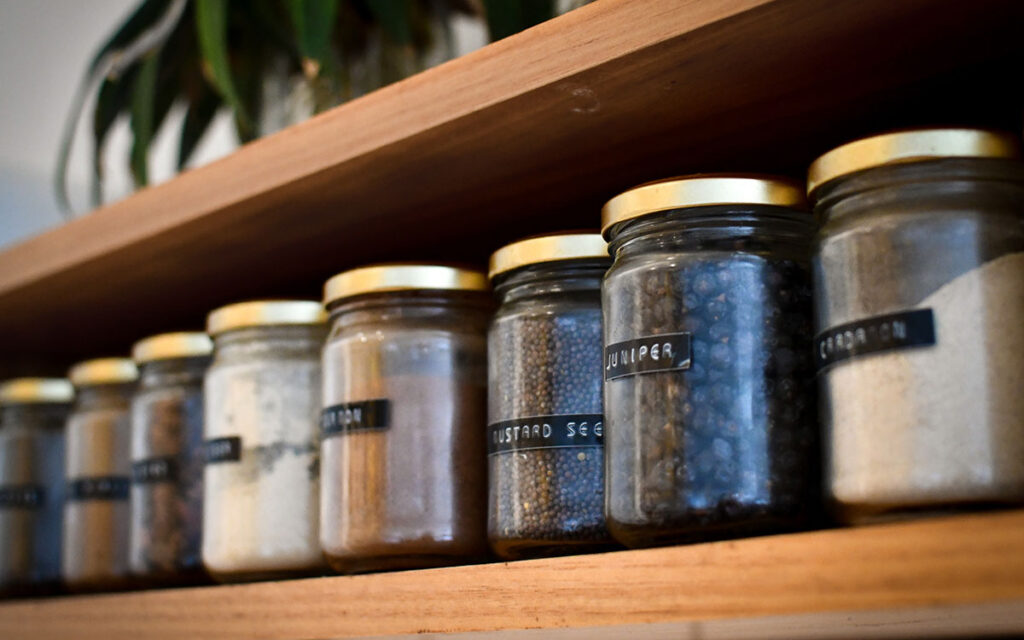What is yellow and white and can be eaten for breakfast, lunch, and dinner?
Eggs! Alright, the riddle may be cheesy, but that’s beside the point. Eggs are just incredible! They are a good source of protein and contain important nutrients. Eggs are also a versatile pantry staple: top a turkey burger with an egg, make an egg scramble with your favorite veggies for a quick breakfast, or bake a cake with it! There is no limit to what you can do with eggs in everyday cooking.

A versatile pantry staple, eggs are incredibly nutritious. (Photo: Roman Odintsov)
While eggs are one of nature’s most nutritious foods, there are two main concerns. Eggs can make you sick if you do not handle or cook them properly. That’s because eggs can be contaminated with the Salmonella bacteria. Secondly, there is the issue with food waste. When a recipe calls for just the whites, or yolks, the other half is often left in the fridge for weeks until they go bad.
Thankfully, there is a better way to cook with eggs, more specifically with powdered or dried eggs! These are simply dehydrated fresh eggs with a texture similar to powdered milk. Dried eggs provide all of the benefits of fresh eggs without the risk of spoilage. They’re made in a process similar to powdered milk called spray drying. Spray drying is the most commonly used method for drying whole eggs, egg yolks, or egg whites. The eggs are preheated to 60°C, then sprayed into a drying chamber through which air between 121°C and 149°C passes. The powder separates from the air and is continuously removed from the drying chamber.

Powdered or dried eggs are just dehydrated fresh eggs with the same nutritional benefits. (Photo: LEAFtv)
Dried eggs are packaged in different ways, and you can purchase powdered yolks or whole eggs. In recipes where the whites are all that is needed, such as in meringues, packages of powdered whites are also available. While some powdered egg brands use the entire egg, others use the yolks or whites and may add other ingredients to improve the flavor or texture. These eggs can usually be purchased in bulk, making them ideal for use in a variety of mass-produced frozen foods as well as in restaurants.
There are several advantages to using dried eggs over fresh eggs. To begin with, dried eggs have a longer shelf life, and can easily last for more than a decade if properly stored. Dried eggs do not need to be refrigerated; all that is required is cool to moderate temperature and a dark cabinet or cupboard. They also require much less storage space, allowing for large quantities to be kept on hand in a relatively small space.

When stored properly, dried eggs can last for more than a decade. (Photo: Heather McKean)
The addition of a liquid, usually water or milk, is all that is required to rehydrate the eggs. Because the eggs are powdered, they can be added to baked goods without first being mixed with a liquid. Another plus – these eggs are generally, reasonably priced. A 0.45 kg (1 pound) of powdered eggs is significantly less expensive than the same number of fresh eggs. As a result, they are very cost-effective for both food producers and restaurants, which frequently use them for buffet-style dishes and baked goods.

Dried eggs can be mixed into baking ingredients without the need to rehydrate with liquid. (Photo: Markus Spiske)
For more information on dried eggs, including recipes, nutrition, safety, and application, check out: www.incredibleegg.org.








